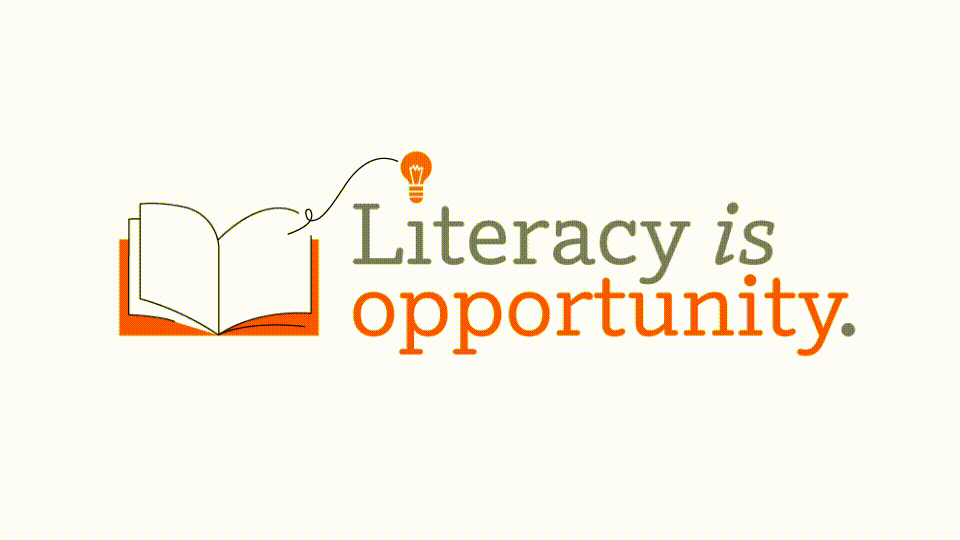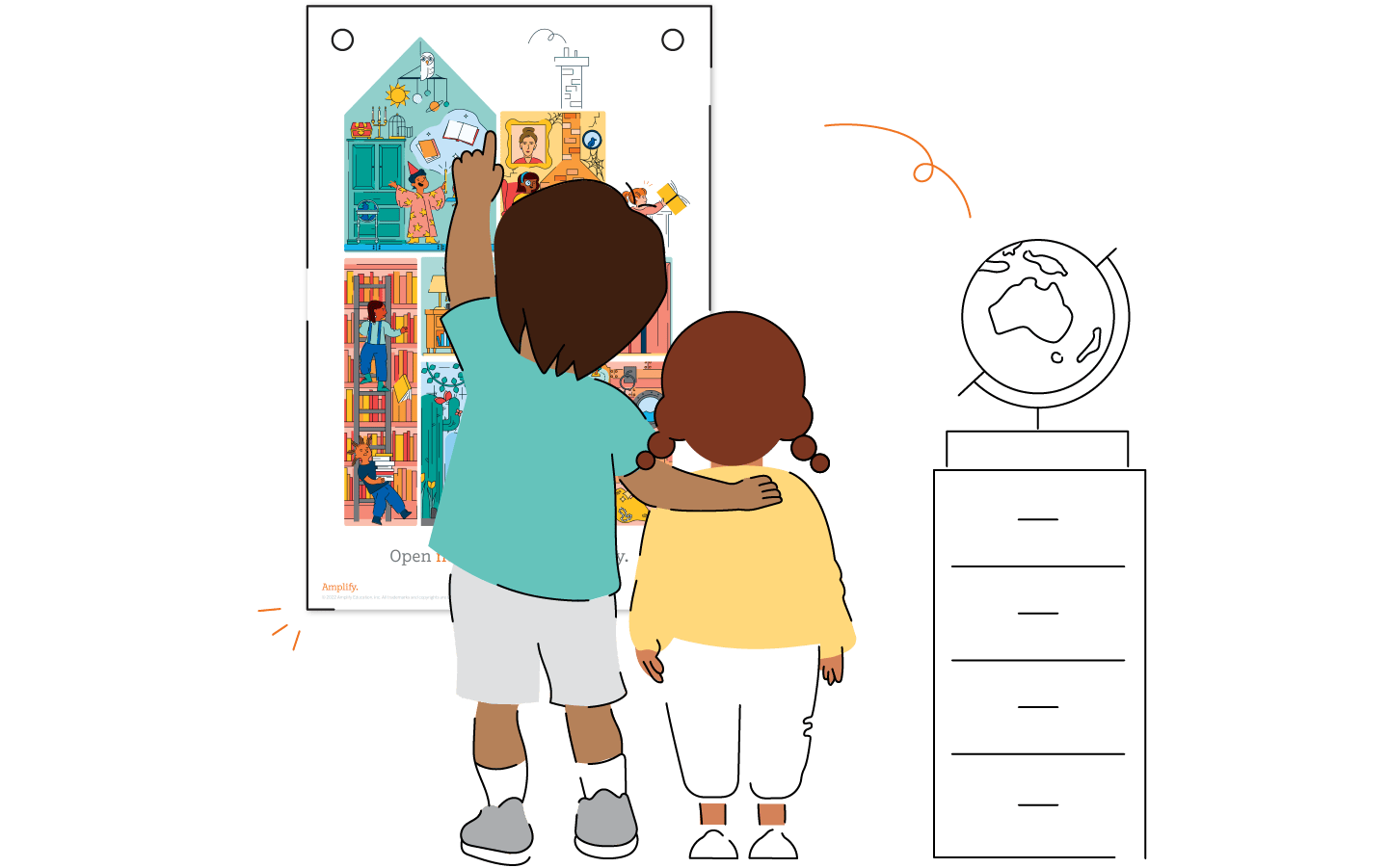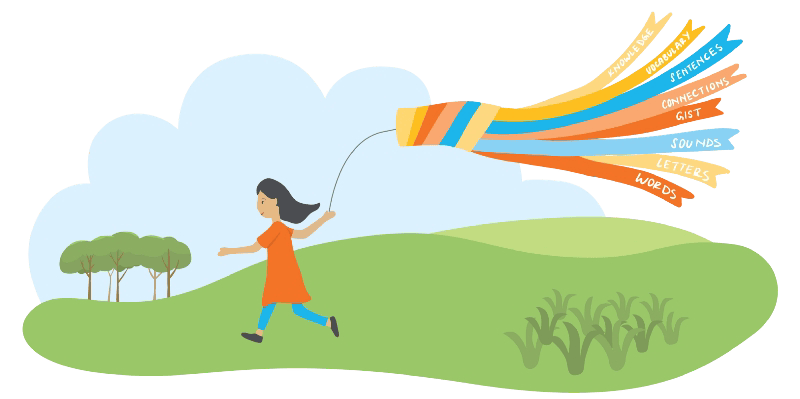
This you know: Literacy is a foundational skill that creates opportunities for all students, regardless of their backgrounds. Literacy is essential for equity in education and success in the modern world.
That’s why we need high-quality, proven literacy instruction strategies—and why we need the Science of Reading.
Former school administrator (and mesmerizing speaker) Mitchell Brookins helped us connect all these dots in a recent webinar as part of our . Brookins described why we must get literacy instruction right, why we need to invest more in helping all students, and why—as he puts it—”literacy is liberty.”
The science of teaching reading.
A core job of education is to deliver literacy instruction to all students. According to Brookins’ estimates, though, only half of teacher education programs are equipping teachers with fundamental knowledge about the Science of Reading, such as phonemic awareness. Many educational communities are still informed by knowledge and practices that predate what science tells us now about how the brain learns to read.
For example, says Brookins: “We were taught to use strategies that put our students’ attention more on pictures than print.” Through no fault of their own, some teachers or systems may not be equipped with the tools they need to serve all their students on their reading journeys.
But the thing is, says Brookins, we have the tools and resources. “We have a clearer pathway than we had before. We know that teachers need conscious, specific professional learning. We have the research. We have assessments. We have curriculum,” he says. And we do have a proliferation of opportunities for teachers to .
Opportunity is for everyone.
That’s why literacy is opportunity—for teachers, too. An evidence-based approach to teaching reading provides the opportunity for teachers to succeed.
The evidence also reminds us that knowledge matters. We know about the power of knowledge—specifically, that prior knowledge supports learning new knowledge. And we know that knowledge comes in many forms—both what you learn in school, and what you absorb from the world around you. Those worlds can look very different for students and teachers.
That’s why, Brookins says, “You have to understand youth culture and their lived experience. You have to understand their knowledge because whatever you are teaching them today has to connect,” he says.
It’s all challenging, but it’s all achievable. “When we put text at the center of the classroom, with topics and themes that are critical to helping children navigate the world, that is the way you get to truly culturally relevant pedagogy,” says Brookins.
My greatest hope is that we are now in a moment where we don’t allow the research that we’ve had for more than 50 years to just be lying on the side,” Brookins adds. “We have the opportunity today to fulfill the promise that all of us challenge ourselves to fulfill.


